TOLEDO, Ohio — If it's just not the new year without a bite of pork and sauerkraut, you may find yourself in the company of many across the globe who turn to food tradition superstitions as a tasty way to ensure a good start to the year.
What's cooking for you in the new year? It depends on what you eat Jan. 1, the traditions say. Here's a guide to what foods bring what fortune and why:
Black Eyed Peas, Greens, and Cornbread - For Money
This dish, which originated in the South is said to represent pennies, dollars, and gold, according to Delish.com. The three foods are supposed to be eaten together, as black-eyed peas are said to bring coins, greens bring folding money (dollars), and the yellow-hued cornbread promises gold.
The type of greens can vary from mustard greens, collards, kale and even spinach. Some of your lucky eating can be accomplished in a dish called Hoppin' John, or Carolina peas and rice. This dish is made with black-eyed peas and rice, chopped onion and sliced bacon, and is seasoned with salt.

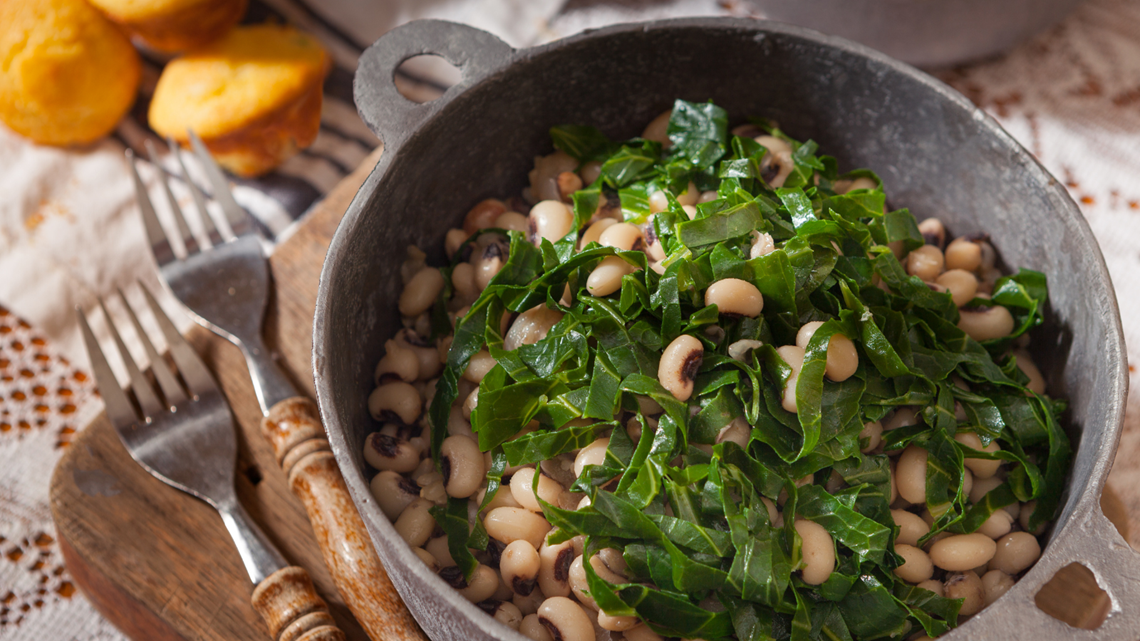
Pork - For Progress and Prosperity
Eating pork of any style on New Year's Day is said to inspire progress throughout the year to come. According to German legend, pork is eaten on New Year's Day because pigs look forward when they root for food, rather than chickens and turkeys, which scratch backward. Pigs are also plump, which portends prosperity.
WildBrine.com says as these sauerkraut lovers immigrated to the Midwest, they brought their traditions with them, including eating pork and sauerkraut on New Year's. "That’s why in Ohio and Pennsylvania, which received many German immigrants in the 17th and 18th centuries, people are almost religious about this delicious duo," the website says.


Sauerkraut - To Wish Each Other Abundant Riches
Speaking of the fermented food, German tradition holds that on New Year's Day, you enjoy (or tolerate) the kraut and wish each other as many riches as there are shreds of cabbage in the sauerkraut. If you're unfamiliar with sauerkraut, that's a lot.

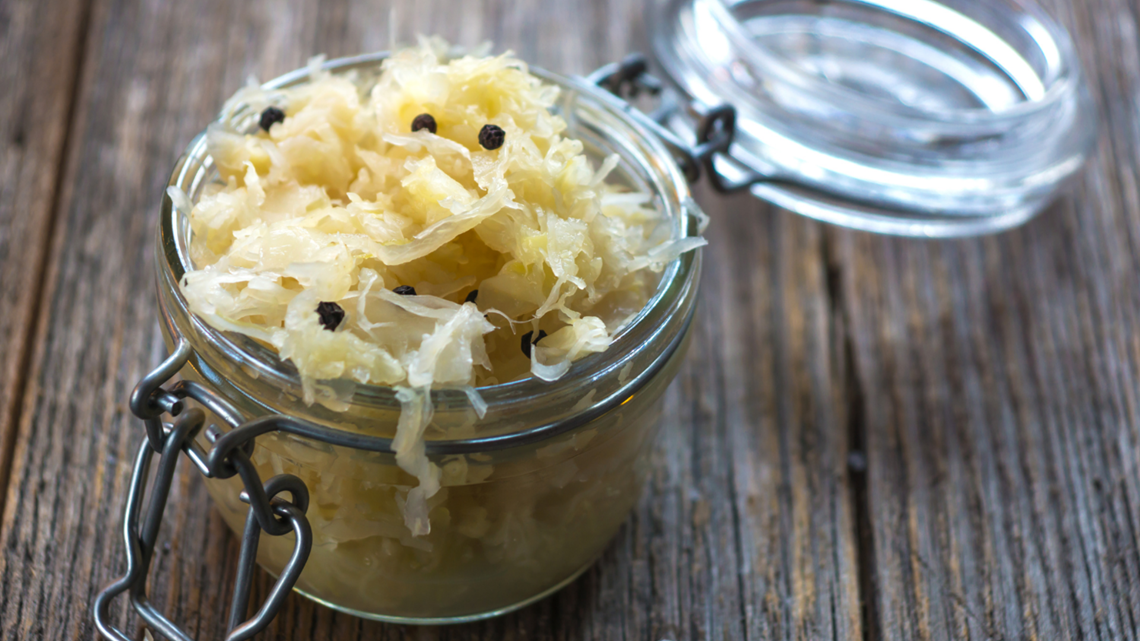
Pomegranate - For Fertility, Life, and Abundance
Delish.com says that pomegranate seeds have always been affiliated with fertility. In Greece, the whole fruit is thrown across the floor, releasing a sea of seeds that symbolize fertility, life, and abundance. You can also choose to just eat them, if you're looking to avoid a mess.

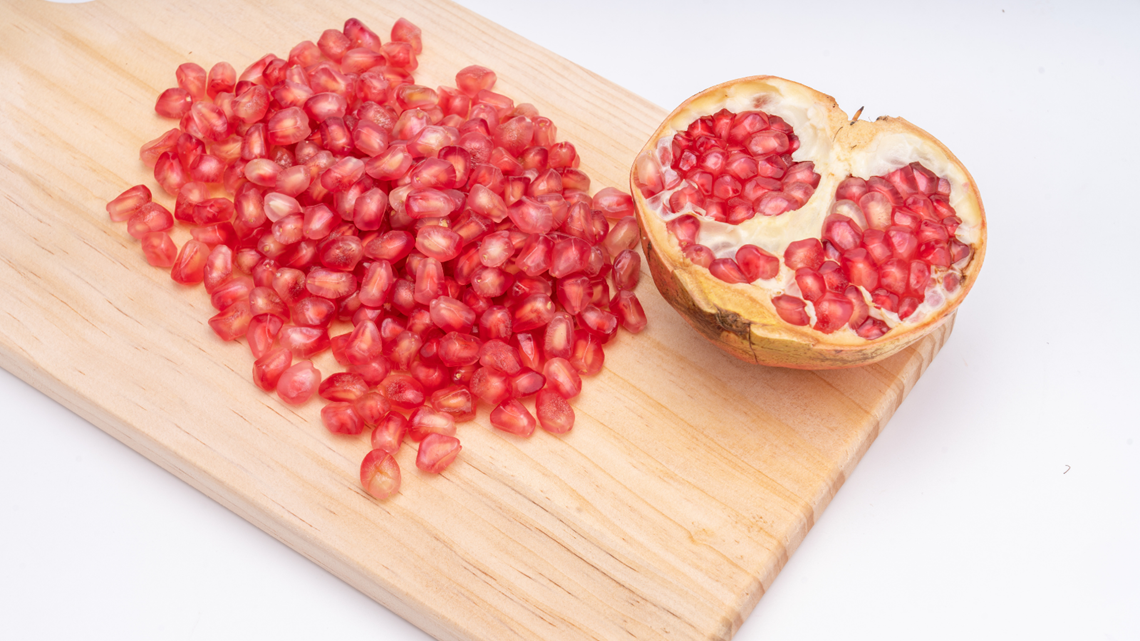
Fish: For Abundance
Around the world, fish symbolizes abundance. The way it's eaten differs depending on the region. In Asian cultures, people feast on whole fishes around the Lunar New Year, and in Europe, people eat carp, herring, and cod, Delish says.

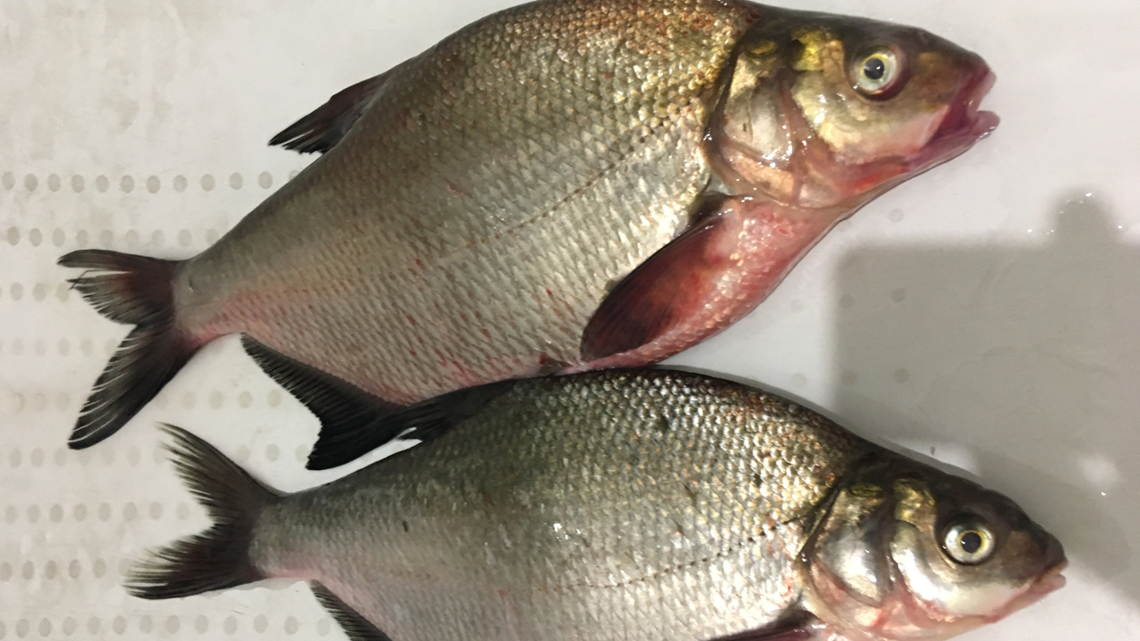
Noodles: For Longevity
Super-long noodles are thought to bring long life, Delish says, especially if you can eat them without breaking them in half.

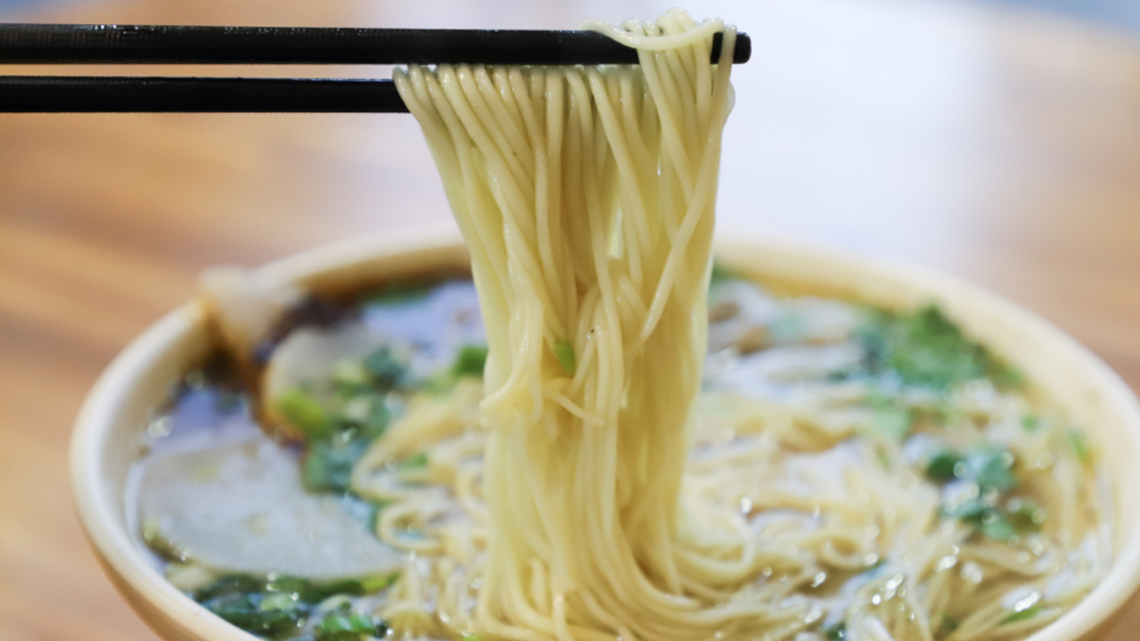
Oranges and Honey: For Good Fortune, Wealth, and Gold
Asian cultures believe that eating oranges and honey on New Year's will bring good fortune, wealth and money.

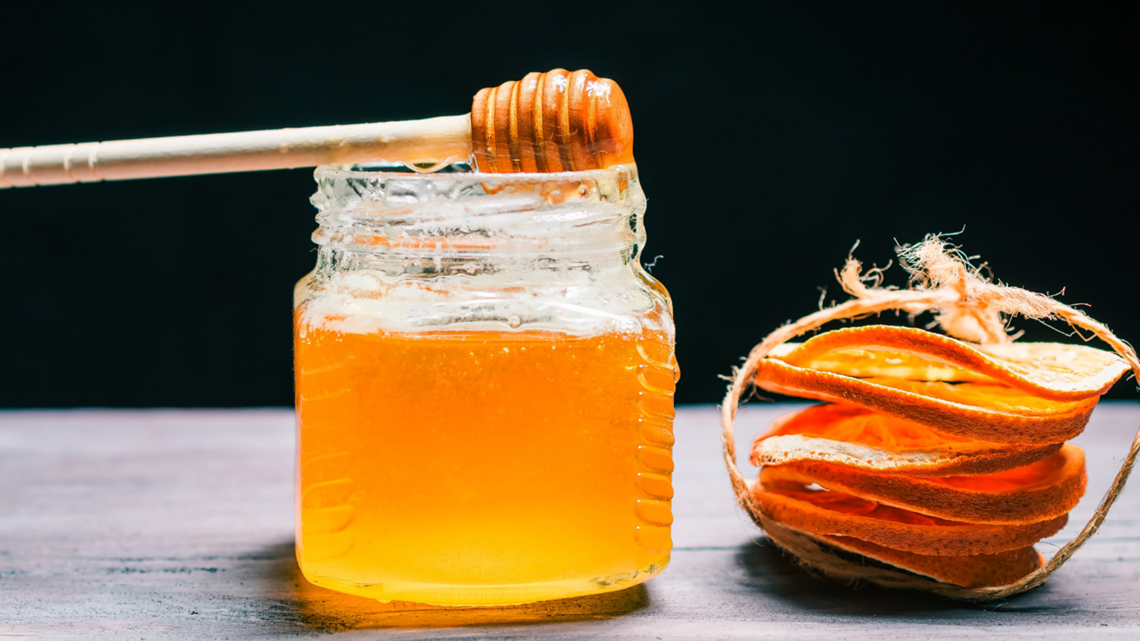
No matter what your food tradition, we hope that you have the happiest new year and that your stomachs are always comfortably full.

